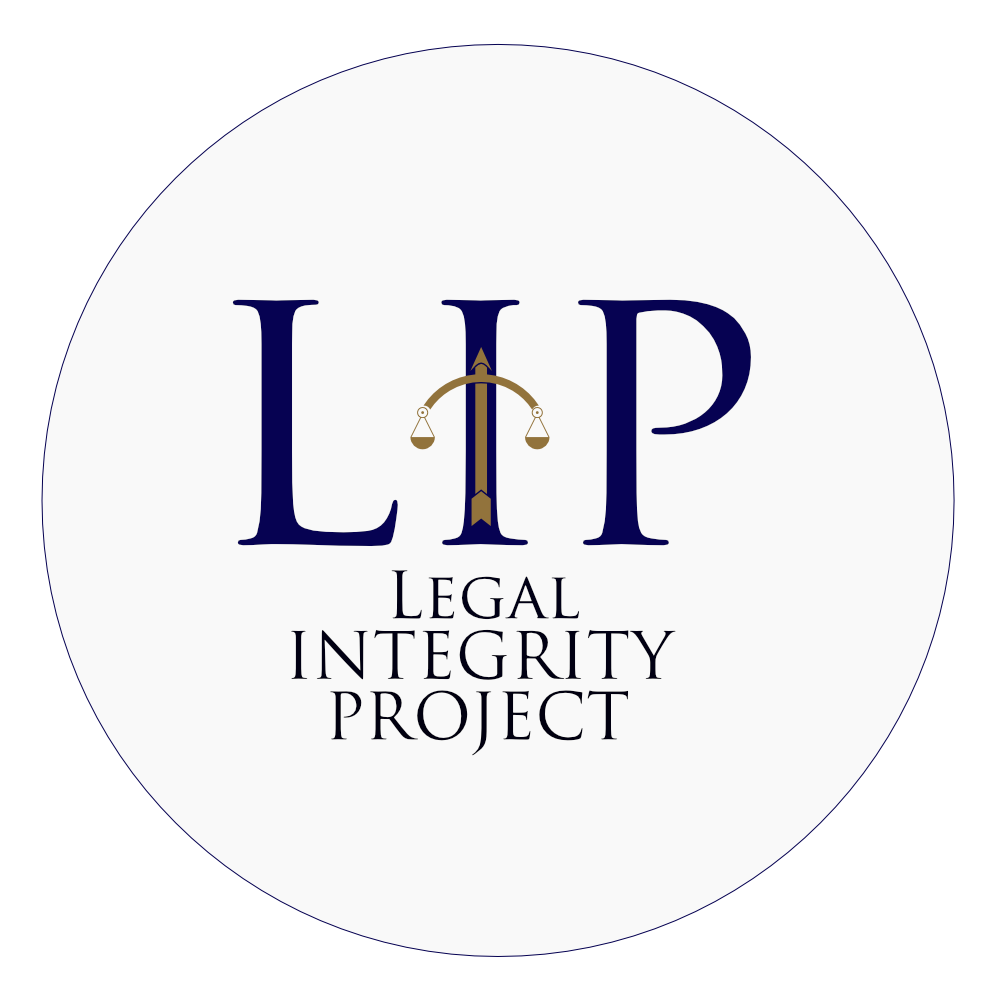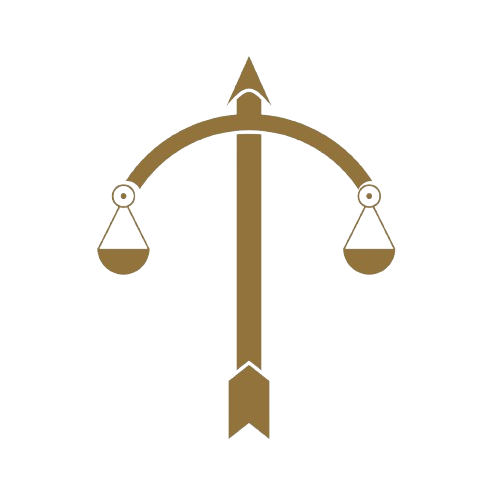How the definition of “due diligence” has shifted from corporate compliance to human rights
“Due diligence” used to mean checking the numbers before signing a deal. Now it has become one of the most powerful legal ideas in global business. This article explores how a once-routine corporate process has evolved into a moral and legal duty that defines what responsible enterprise means in the 21st century.
For decades, due diligence was a paperwork exercise. Lawyers combed through contracts, accountants double-checked figures, and once the deal closed, everyone moved on. It was a snapshot in time, not a philosophy of responsibility.
That world has changed. Today, due diligence is about conduct, not checklists. Legislators and courts are turning it into a binding duty to prevent harm, not just avoid embarrassment. It is no longer about protecting investors from bad acquisitions; it is about protecting people and the planet from bad business.
Europe’s Legal Revolution
Europe has led this transformation. In 2017, France passed the Duty of Vigilance Law, which requires large companies to map and mitigate human rights and environmental risks across their supply chains. Germany followed in 2023 with its Supply Chain Due Diligence Act, backed by fines and even exclusion from public contracts.
Now the European Union has gone further still. The Corporate Sustainability Due Diligence Directive (CSDDD), agreed in 2024, sets out a continent-wide framework that will soon affect thousands of companies both inside and outside the EU. It requires firms to identify potential harms in their operations, address them, and prove that they did so through documented plans and reports. Victims can also sue companies that failed to exercise adequate diligence.
In short, Europe is moving from voluntary reporting to enforceable responsibility. Companies are expected not just to act ethically, but to prove they have systems that make unethical behavior unlikely.
Common Law Catching Up
In common law countries, the approach has been slower but the direction is the same. The UK’s Modern Slavery Act 2015 began as a transparency requirement. It compelled major companies to publish annual statements describing how they avoid forced labor in their supply chains.
That may sound like gentle encouragement, but courts have begun treating these promises as more than public relations. In Vedanta v. Lungowe (2019), the UK Supreme Court allowed a case against a British parent company for environmental damage in Zambia, partly because its sustainability statements implied it had assumed a duty of care. The Okpabi v. Shell ruling two years later confirmed the trend. Words on a website can now create legal obligations.
Across the Atlantic, similar principles are emerging under the Uyghur Forced Labor Prevention Act in the United States and new Canadian laws requiring supply-chain transparency. Everywhere, the message is consistent: ignorance of your suppliers is no longer an excuse.
Soft Law Made Hard
The intellectual foundation for these reforms comes from two international frameworks: the UN Guiding Principles on Business and Human Rights and the OECD Guidelines for Multinational Enterprises. For years, these were voluntary standards. They encouraged companies to assess human rights and environmental impacts, take preventive action, and provide remedies where harm occurred.
But over time, what began as “soft law” hardened into real regulation. Policymakers borrowed the language of the UN and OECD and wrote it into binding rules. The moral expectation became a legal one. Companies are now judged not by how loudly they talk about ethics, but by how effectively they embed it in governance.
Practical and Political Challenges
The new rules come with new headaches. Supply chains can stretch across dozens of countries and thousands of subcontractors. How far down must a company look? What counts as “adequate” diligence? Regulators are still working that out.
There is also the question of overlap. The CSDDD sits alongside existing national laws, US import restrictions, and a growing number of ESG disclosure frameworks. The result is a patchwork that is both ambitious and confusing. Multinationals need teams of lawyers and sustainability officers simply to keep track of who requires what.
Then there is the political tension. Critics warn that strict due diligence rules could push companies to withdraw from high-risk regions altogether, hurting the very workers the laws aim to protect. Supporters argue that ethical withdrawal is better than silent complicity. The truth probably lies somewhere in between.
A Shift in Mindset
What makes this moment fascinating is not just the legal change, but the cultural one. Due diligence used to be about avoiding nasty surprises. Now it is about proving foresight. Companies are expected to predict where harm might occur and to show the steps they took to prevent it. That turns compliance into a form of governance.
Boards are beginning to see due diligence as an investment in resilience. Mapping supply chains builds transparency. Training procurement teams strengthens oversight. Keeping credible records protects against both lawsuits and reputational damage. It is not simply moral posturing; it is risk management for a world that expects accountability.
From Principle to Practice
So what does good due diligence look like in practice? The emerging consensus is that it should be:
Continuous: Not a one-time audit, but an ongoing process of monitoring.
Proportionate: The level of scrutiny should match the company’s size and influence.
Documented: Decisions should be traceable, demonstrating both awareness and action.
Transparent: Companies should publish findings honestly, even when results are uncomfortable.
Firms that follow these principles are not immune to criticism, but they are far less likely to face accusations of negligence. The law rewards those who can show they tried.
Due diligence has outgrown its origins as a financial hygiene check. It has become a legal and ethical framework for how global companies relate to society. The shift reflects a simple but radical idea: businesses have obligations that extend beyond contracts and profit.
As regulators tighten the screws, the smartest companies are already moving ahead — not because they must, but because credibility is now currency. In the decades to come, “doing your due diligence” will mean more than just checking the paperwork. It will mean proving that you understand the impact of your business on the world, and that you care enough to act before the damage is done.
The Legal Integrity Project Editorial Team

